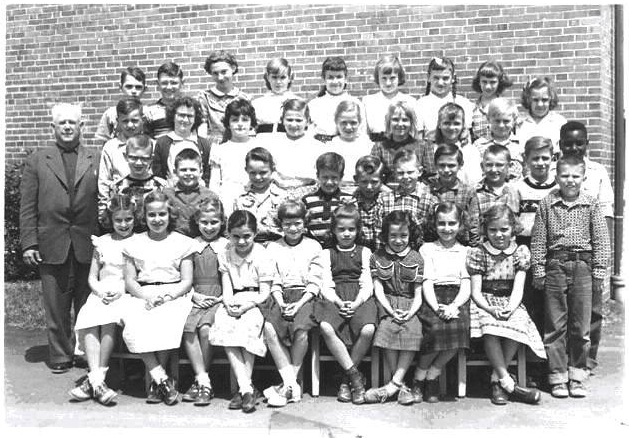Here I go again--relaying tales of being an impatient in patient.
In addition to my initial observations, captured here, I offer now the feast of the senses that a hospital stay can bring to you.
The first thing that really strikes me is the SOUNDS. There are dings, buzzes, beeps, muffled voices, loud voices, confused voices, footfalls, cart wheels, squeaks--too many sounds to be able to convey them in silent print. We do live in an increasingly noisy world, but a hospital adds new dimensions to the world of noise. Most of us are accustomed to hearing cell phones. At least when it's your cell phone, you know how to identify the sound. In the hospital, the sounds are simply baffling. Is that beep coming from me? And should I do something about it. Most of the sounds trigger a staff reaction--understandably. We patients are tethered and monitored and an errant sound might mean we are making a concerted break for it.
Next come the sights. While a hospital is generally a sterile environment--not in the bacterial sense, but in the artistic sense--there is plenty to see in a hospital. There are, of course, the ubiquitous fluorescent lights. They are on everywhere...all...the...time. Day and night. My bed was closer to the door, so at night, the hall light came pouring in. I drew the privacy curtain (huh! is that ever mis-named) not so much for privacy but for a bit of light dimming. At home, I need a dark dark dark room to sleep happily. There are many other sights--some potentially embarrassing. Hospital gowns are not made for modesty. The opening in the back can fly open at the slightest provocation. Don't even try to keep your clothing on...any care requires some skin exposure. So, you just learn to bare what you must.
And then there's all that measuring. Your height, your weight, blood pressure, heart rate, lung clarity, oxygen level, water intake, urine output. Oh, yes, you get measured. The urine part was...interesting. You place a small plastic contraption inside the toilet seat, and when you have finished, you either put the plastic container on YOUR shelf, or you read and record the amount. I asked to do the latter--even converting the ounces to milliliters (why oh why didn't the U.S. convert to metric?). Several times, I went to the bathroom only to find my roommate's container still inside the toilet seat.
Now we come to taste--which would be food. Only, don't count on much. I had checked into the hospital late morning, and--when asked--told staff I didn't need lunch. BIG MISTAKE. Supper did not arrive until much later than I expected it. And by then, my decision to abstain from lunch was working against me. When supper did arrive, it was a box lunch. With a bologna sandwich. On white bread. I thought--you have to be kidding. On a cardiac unit, a high salt, low fiber sandwich. Oh, yes, along with applesauce and a pack of Lorna Doone shortbread cookies. While the remainder of meals improved a tad, I was still mostly hungry. My roommate even remarked that she had been in another nearby hospital recently, and the food there was much better.
One more post to go on the fascinating world of hospital care.

































